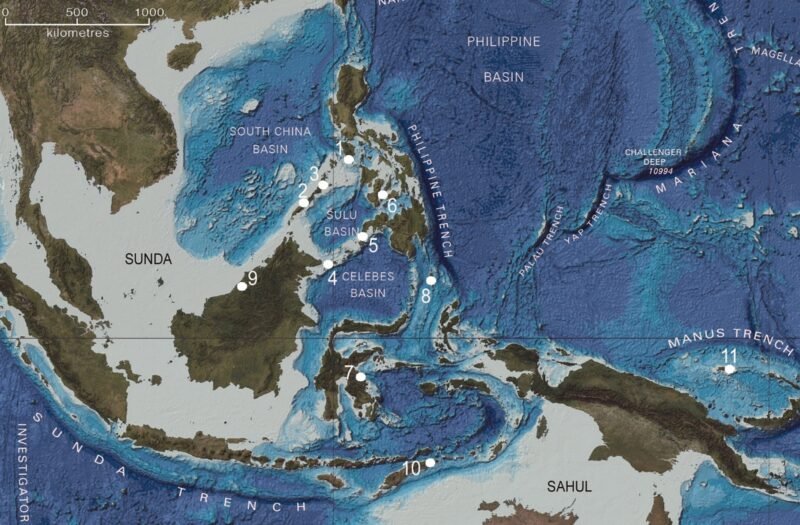The Nippon Foundation of Japan is set to fund a new study on “dark oxygen,” a phenomenon observed in polymetallic nodules that can split water into hydrogen and oxygen. These small black nodules are highly sought after by deep-sea miners looking to profit from the valuable metals they contain. However, concerns from oceanographers and environmentalists have been raised regarding the potential impacts of mining these nodules.
Researchers led by Prof. Andrew Sweetman of the Scottish Association for Marine Science discovered a new source of oxygen production in the abyssal plain of the Clarion-Clipperton Zone. The nodules themselves exhibit electrolytic properties, challenging the long-held belief that all free oxygen in the environment is produced through photosynthesis. This groundbreaking discovery could revolutionize scientific understanding of life’s origins.
Prof. Sweetman’s findings, though controversial, have sparked further investigation supported by the Nippon Foundation. His team plans to return to the Clarion-Clipperton Zone to conduct additional research, including collecting water samples to confirm their oxygen readings and exploring other seabed environments for dark oxygen production. The implications of this discovery extend beyond Earth, with potential implications for understanding life on other planets without direct sunlight, as discussed with experts at NASA.


















